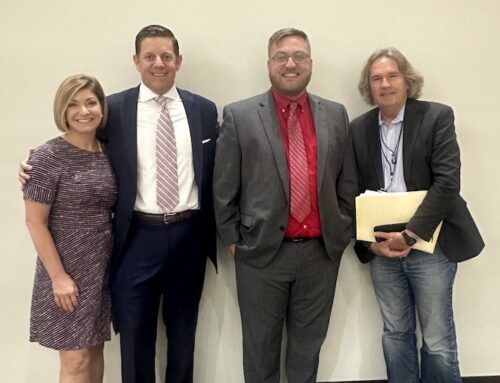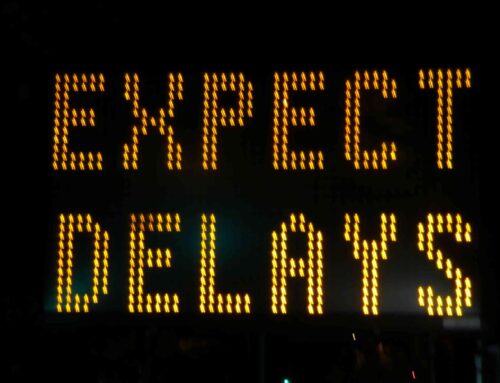Public records lawsuit filed to force release of Covenant School shooter’s manifesto
A Hendersonville resident, working with the National Police Association, on Friday filed a public records lawsuit against the city of Nashville for the release of the so-called manifesto and other writings of the shooter who killed six people at The Covenant School a month ago.
The department has denied access, claiming they do not have to release the material they gathered at the shooter’s home because it is part of an ongoing investigation.
The lawsuit argues, however, that Tennessee law only allows the investigative exemption to apply as an exemption to the public records law if there is pending or contemplated criminal action.
Hale was shot and killed by Metro Police Department officers at the school. Police have not identified any other people who might be subject to criminal prosecution or any other crime or class of crimes that might be charged because of the incident, the lawsuit says.
“Since the Covenant School incident, law enforcement officials have made numerous comments to both local and national media concerning some or all of the records Plaintiff has requested, and these comments are inconsistent with there being any criminal prosecution related to the incident.”
“Defendant’s reason for not allowing disclosure of the requested public records is that Rule 16 of the Tennessee Rules of Criminal Procedure prohibits disclosure because this incident is an open case. Further, Defendant has relied upon the Tennessee Supreme Court case of Tennessean v. Metro Government of Nashville, 485 SW3d 857 (Tenn. 2016). Because there is no criminal prosecution, Rule 16 and the above-cited Tennessean case are inapplicable. Rather, this case is controlled by the Tennessee Supreme Court’s earlier decision in Memphis Publishing Company v. Holt, 710 SW2d 513 ( Tenn. 1986), in which the Court held that Rule 16 was not applicable because there was no pending or contemplated criminal action because the perpetrators in the unlawful activity had been killed in the police shoot out.”
The lawsuit asks the court to set a show-cause hearing and issue an order requiring that all outstanding records requested be produced as quickly as possible, or alternatively, that some, or redacted versions of the records be produced as quickly as possible.
The lawsuit also asks the court to determine that the police department’s refusal to produce the records promptly “has been done knowingly, willfully and deliberately, and award Plaintiff all attorneys’ fees and costs…”
“The NPA believes releasing the complete materials will benefit law enforcement and the public,” the police association said on its website. “The writings of killers often offer critical insights into the factors that contribute to the development of criminal behavior. While the content of these documents may be disturbing, they can provide researchers and law enforcement with valuable information that can be used to prevent future acts of violence.”
Doug Pierce of King & Ballow is representing the plaintiff, Clata Renee Brewer. (Note: Pierce is on the board of Tennessee Coalition for Open Government)





